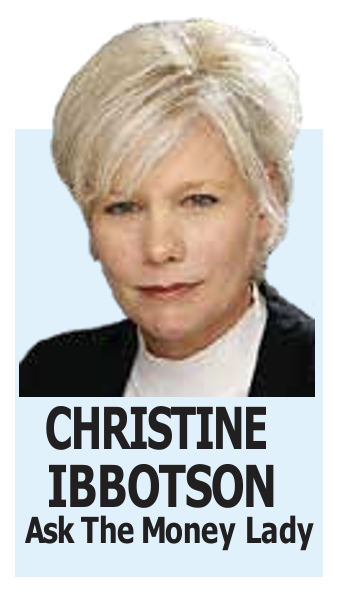Are you planning to retire this year? If so, you need to make sure you don’t do what 80 percent of Canadians do once they do their “hard-stop” to working.

One thing is common amongst almost all new retirees is they all underestimate the amount of funds needed in retirement and all have a profound adjustment during the first year.
This is called the “honey-moon” stage. When most Canadians retire (average age is 61 in 2021) and are still young enough and vibrant. New retirees have a lot of pent-up desire to travel and, of course, spend money.
Typically, all will have a “high burn” through their savings during the first 18 months of retirement until they settle into a budgeted schedule.
Most people want to do home improvements, travel to expensive destinations, buy recreational vehicles, and basically spend money on all the things they want, now that the kids and work commitments have changed. Can you blame them?
Everyone has learned to expect a retirement — plan for it, long for it and consider it our right to have it, in the future.
However, we must remember that retirement can and does last a long time. The average retirement in the 1960s and 1970s was approximately 12 years, now it could be 30. That creates a much bigger demand on your savings to last a longer lifetime.
So, what should you do?
Planning is the key. I know you are going to say it is virtually impossible to predict how long you will live or what will happen to our investments in the future, and I would agree, but you can still use common sense when securing our retirement.
Your plan does not have to have mathematical exactness, but rather should be a concise arrangement of ideas that will construct your future properly — giving you protection, security and options.
Here is what you need to do “before” you stop working:
- Make sure you have absolutely no consumer debt, car loans or mortgages when you stop working. If you must do a home renovation, complete it and pay for it before you stop working.
- Create a “honey-moon fund” to use when you first retire. You want to live and travel on these funds for the first 3-5 years of retirement. On average, this should be approximately $200,000 for a Canadian couple.
- Before you stop working make sure you capture a secured line of credit on your retirement residence or better still, a collateral charge. You most likely will not qualify for this after you retire, so you want to make sure you get it before you stop don’t want to have debt when you retire. However, you still want to have access to it if needed. I have a video on YouTube about how to get a collateral charge and why you want one (if you’re interested).
- Fees, inflation, and market volatility will be your number one killers of your future capital. Make sure to keep the fees and risk in check. Expect at least 3-5 market downturns in an average 25-year retirement, so you will want to reduce your exposure to equities as you age. You could consider structured notes as an alternative to GICs, and ETFs instead of mutual funds.
- Keep a journal of your expenditures, create a budget for your retirement, be flexible to change and then work your plan (preferably a plan projected over 3, 5, 10 and 25 years). To retire successfully today, you must organize your thoughts and ideas for the next 30 years. Never be swayed by the crowds of people marching to retirement begrudgingly accepting a life with debt. To have a successful retirement, you must remove all existing and future financial impediments. For example: stop subsidizing your adult children’s lifestyles, stop leasing vehicles, drive your cars longer, eliminate all consumer debt, and sell recreational properties to lower expenses. If necessary, consider selling your primary residence for something less expensive and if you still need more, then plan to work part-time in retirement if necessary. No one will want to go back to work full time after they retire, so your task is simple: spend less and save more.
Good Luck and Best Wishes,
Money Lady (Written by Christine Ibbotson, National Radio Host, YouTuber, and Author of 3 Canadian. Send your questions through the contact page at www.askthemoneylady.ca)

Leave a Reply